I finally visited Henry David Thoreau House at Walden Pond in Concord, Massachusetts. It’s about 20 minutes from where I live and I have passed it many, many times, but never stopped to see it.
He was a precursor to the Tiny House movement. His house can be described not just as tiny but also as a hut. It’s just one room with a woodshed directly behind the house. He also had a beanfield nearby. The land was poor for agriculture and only beans would grow near Walden Pond.
The location of Thoreau’s house is carefully preserved but the actual house is gone. There is a reproduction in the parking lot area complete with furnishings that include a small desk where Thoreau wrote his famous books.
I did not realize that Henry David Thoreau (1817-1862) was born and lived nearly all his life in Concord. But he’s not the first person to live in Walden Woods. Black people — freed slaves — also lived there long before Henry David Thoreau
“Yet, until very recently, there has been little acknowledgment that Walden Woods was first occupied by Black people whose experience of self-sufficiency was harrowingly different from Thoreau’s two-year experiment.
“Walden was a Black space before it was a green space,” said Elise Lemire, a professor of literature at Purchase College, State University of New York, and author of “Black Walden,” which chronicles the lives of the formerly enslaved people of Walden Woods.
The existence of these earlier residents also runs directly counter to the popular myth of Massachusetts as the cradle of American liberty and home to an abolitionist movement that had been untarnished by slavery, Lemire notes.”
“Then, too, the only land made available to formerly enslaved people in Massachusetts was generally the most inhospitable to farming and as far as possible from White society. In Concord, it consisted of Walden Woods, where survival was unsparingly arduous, and the nearby and somewhat more fertile edge of the Great Field, also known as “Caesar’s Woods” for Caesar Robbins, a Black formerly enslaved Revolutionary War veteran who had made his home there.
Most of the formerly enslaved people who lived in Walden Woods were allowed to squat thereafter they were freed or had wrested their freedom, Lemire said. In Massachusetts, emancipation happened gradually through lawsuits, with freedom finally ordered by the state in 1780.
In all, about 15 Black people moved into Walden Woods, their cabins clustered in a “small village,” as Thoreau would later describe them. Brister Freeman stood out as a Black landowner.
“Down the road, on the right hand, on Brister’s Hill lived Brister Freeman, ‘a handy Negro,’ slave of Squire Cummings once…With him dwelt Fenda, his hospitable wife, who told fortunes, yet pleasantly – large, round, and black, blacker than any of the children of the night, such a dusky orb as never rose on Concord before or since,” Thoreau wrote in “Walden.
In 1822, Brister Freeman died in his 70s, two years after his older sister. Barely a decade later, few traces remained in Walden Woods of the siblings or the other formerly enslaved inhabitants. Their community did not last into the next generation.
As for Freeman and those who had lived in Walden Woods decades earlier, Thoreau “is waxing poetically about these earlier Black inhabitants without describing their pain,” said Madison, the director of the Institute for Economic and Racial Equity and associate dean of equity, inclusion, and diversity at Brandeis University.” From The Washington Post
p.s. Related posts:
All of my book lists are now indexed and cross-referenced: List of Lists: 300+ Book Lists for Kids.
African American Books for Kids
Black History Month with Carole Boston Weatherford
Five African Americans Who Excelled in the Arts
African American Pioneering Female Musicians
HARLEM: Found Ways art exhibit and Children’s Books Reflecting Harlem
Civil Rights Movement Books for 4th Grade
Top 10: Best Children’s Books On Civil Rights Movement
This list covers picture books, chapter books, and young adults.
Top 10: Best African-American Picture Books (ages 4-12)
If you read these picture books in order, it gives an overview of the African American experience historically starting from slavery to the present day.
Ruby Bridges and Picture Book As Fast as Words Could Fly
Meeting Ruby Bridges was a thrill for me and further reinforced how important it is for kids to learn about the Civil Rights Movement.
Young Booker T. Washington: Fifty Cents and a Dream.
An advanced picture book that paints a portrait of Booker T. Washington as a determined young boy.
Celebrating Martin Luther King, Jr with Three Books
If you just want a snapshot of the Civil Rights Movement for young children, try these three books: two picture books and a chapter book.
5 Feel-Good Picture Books About Africa
These five books show different perspectives from the story of young Masaii girl who wants to touch the moon to visiting family in Tanzania and The Gambia.
Children’s Africana Book Award
Africa Access was founded in 1989 to help schools, public libraries, and parents improve the quality of their K-12 collections in Africa.
2010 Africana Awards for Best Children’s Literature
5th Grade Social Studies And How to Make It Interesting
I have a section in this post about the Civil Rights Movement.
Black History Month Books for Kids and Teens
Gordon Parks: Black History Month
To examine any book more closely at Amazon, please click on image of book.
As an Amazon Associate, I earn from qualifying purchases.
Follow PragmaticMom’s board Multicultural Books for Kids on Pinterest.
Follow PragmaticMom’s board Children’s Book Activities on Pinterest.
My books:
Food for the Future: Sustainable Farms Around the World
- Junior Library Guild Gold selection
- Selected as one of 100 Outstanding Picture Books of 2023 by dPICTUS and featured at the Bologna Children’s Book Fair
- Starred review from School Library Journal
- Chicago Library’s Best of the Best
- Imagination Soup’s 35 Best Nonfiction Books of 2023 for Kids
Amazon / Barefoot Books / Signed or Inscribed by Me

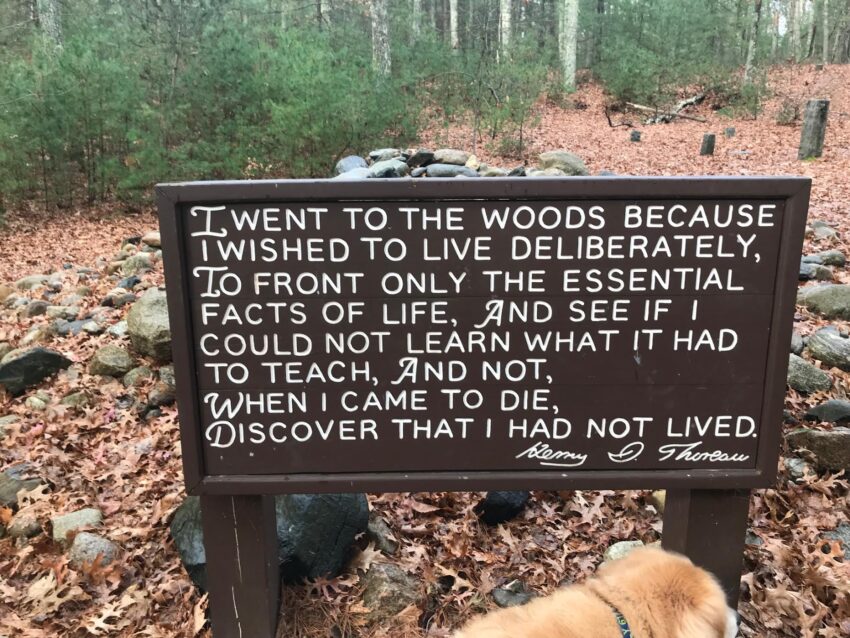
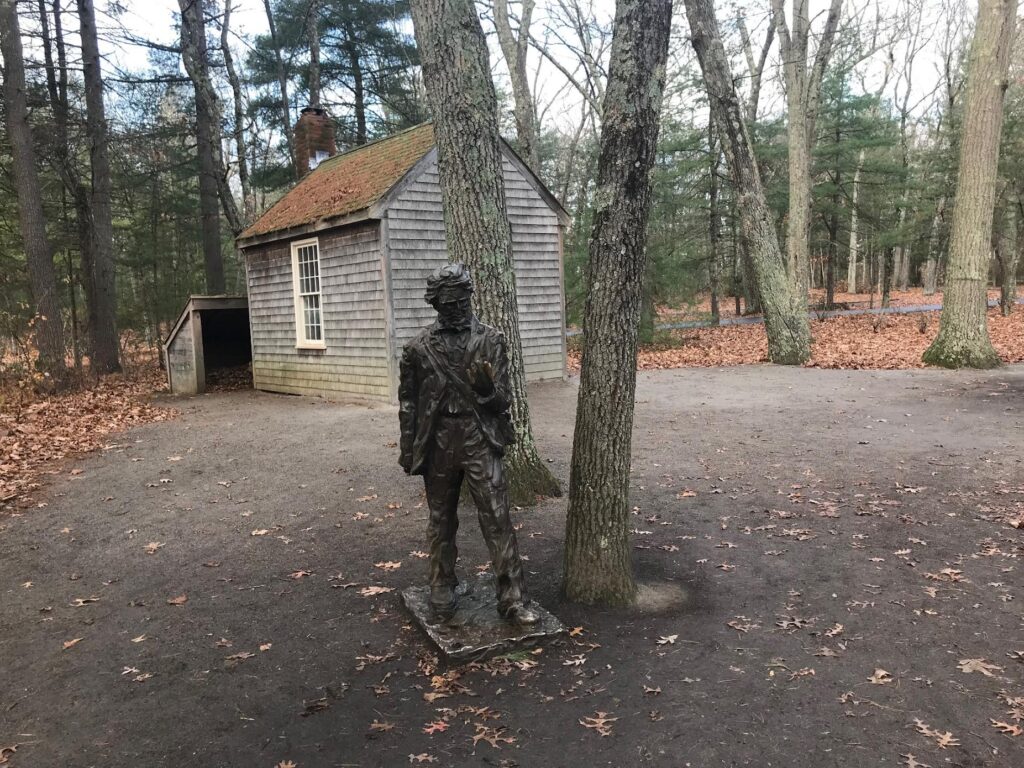
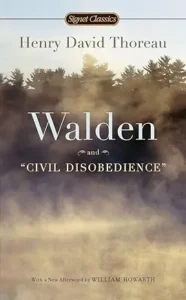
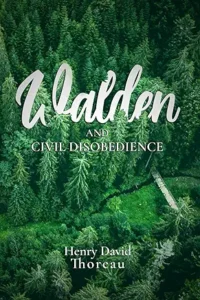
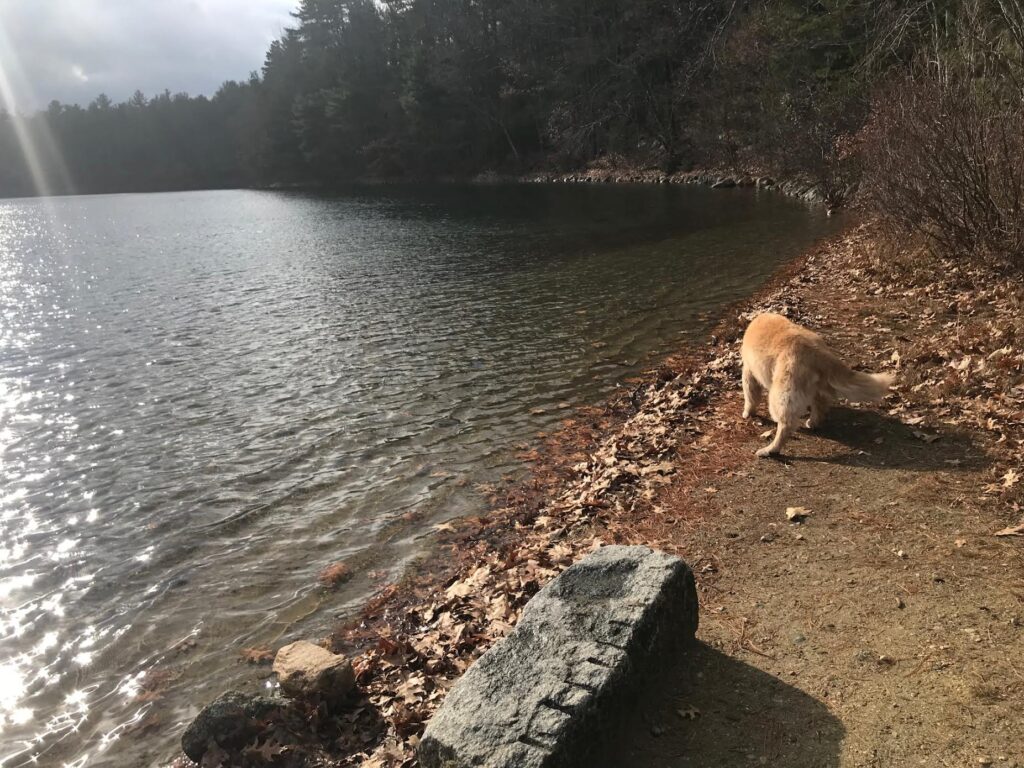







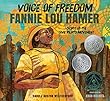









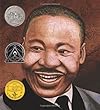



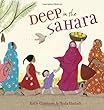







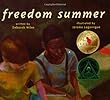
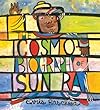
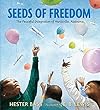








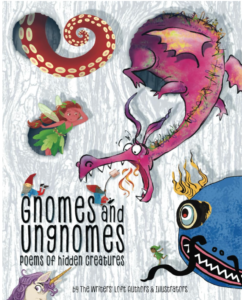





Thanks for raising awareness of this important piece of Walden Pond history.
Another thing that I think people forget about Thoreau is that he was no hermit even while living in that hut. He hosted guests and even walked to the homes of friends for dinners occasionally.